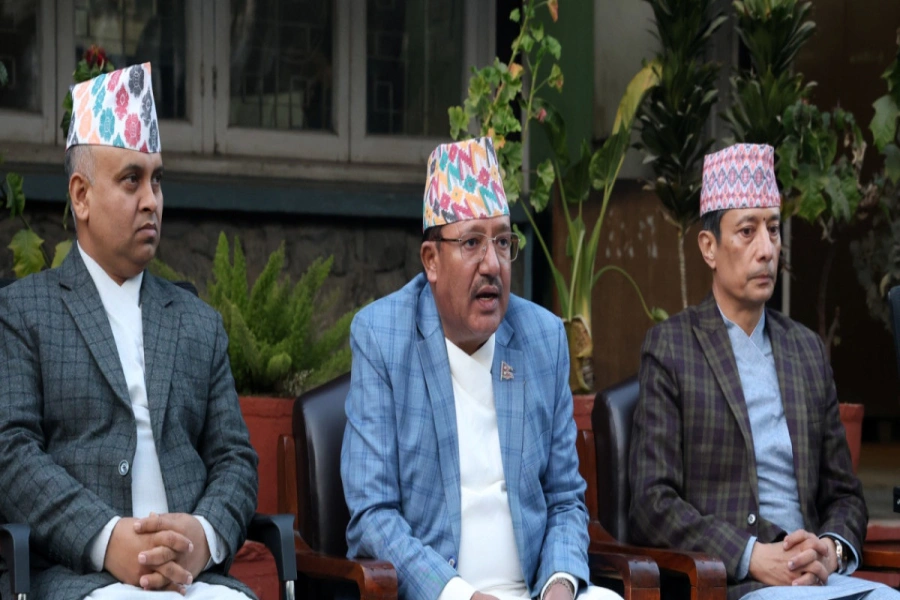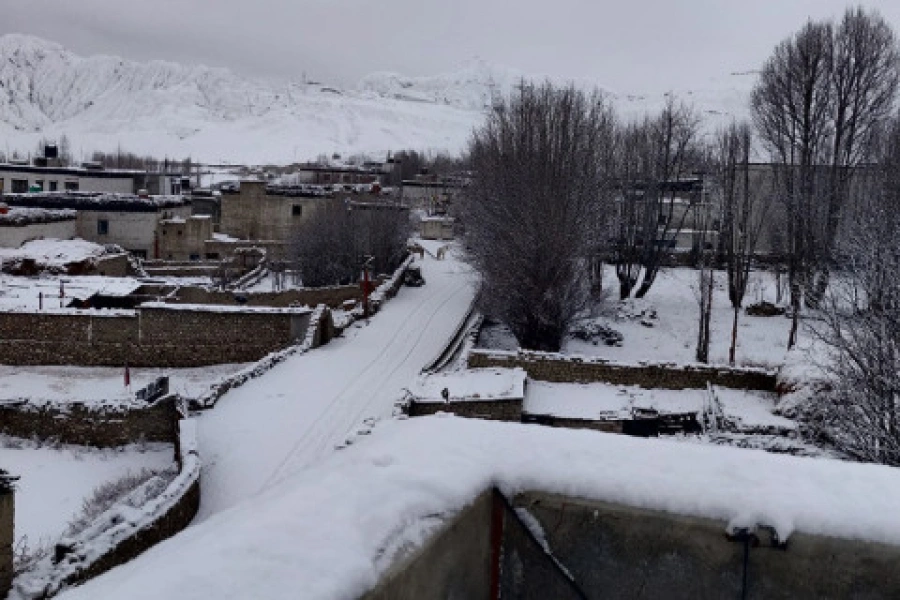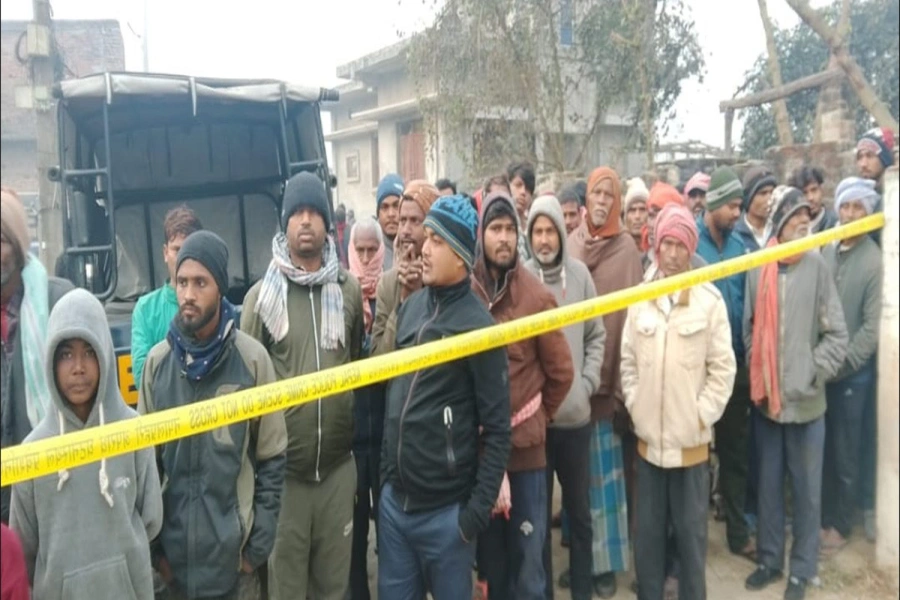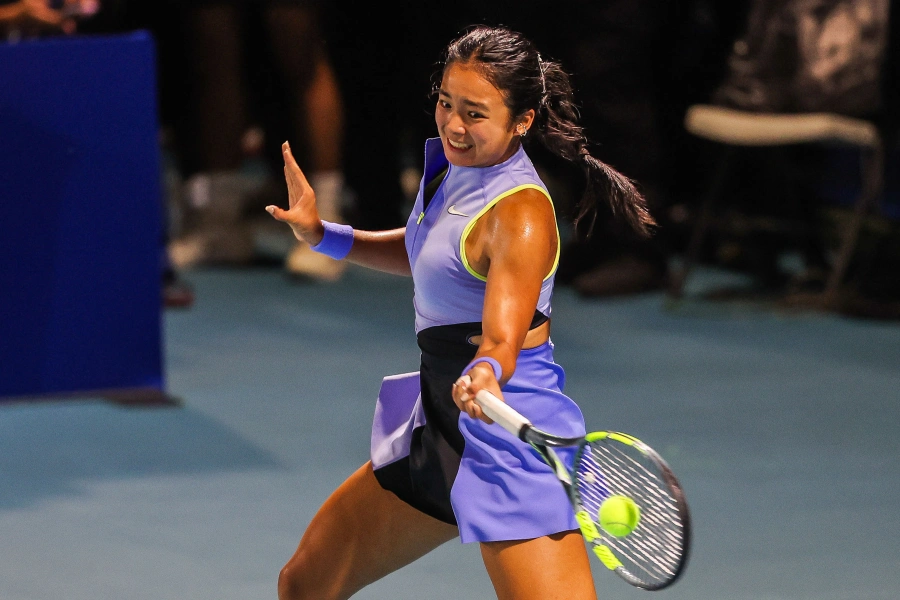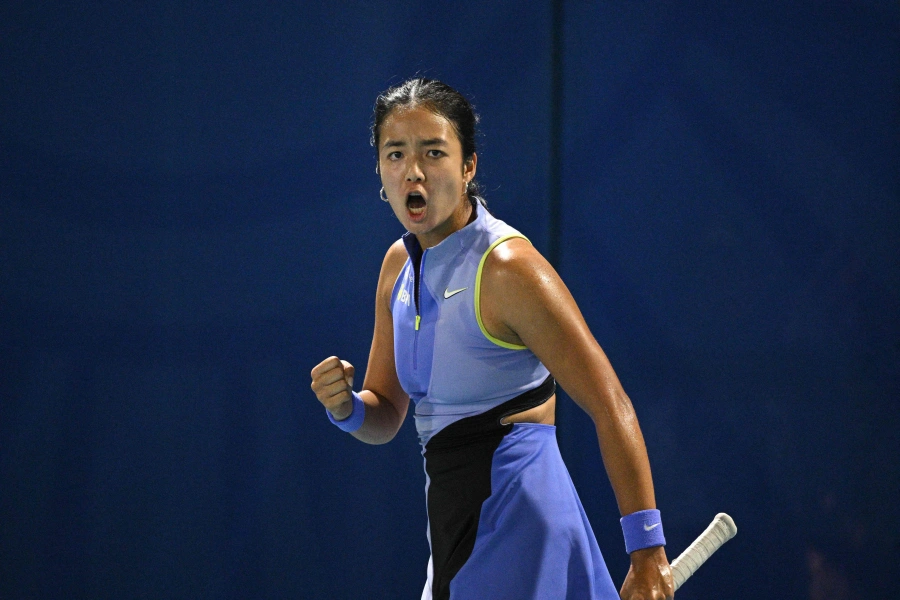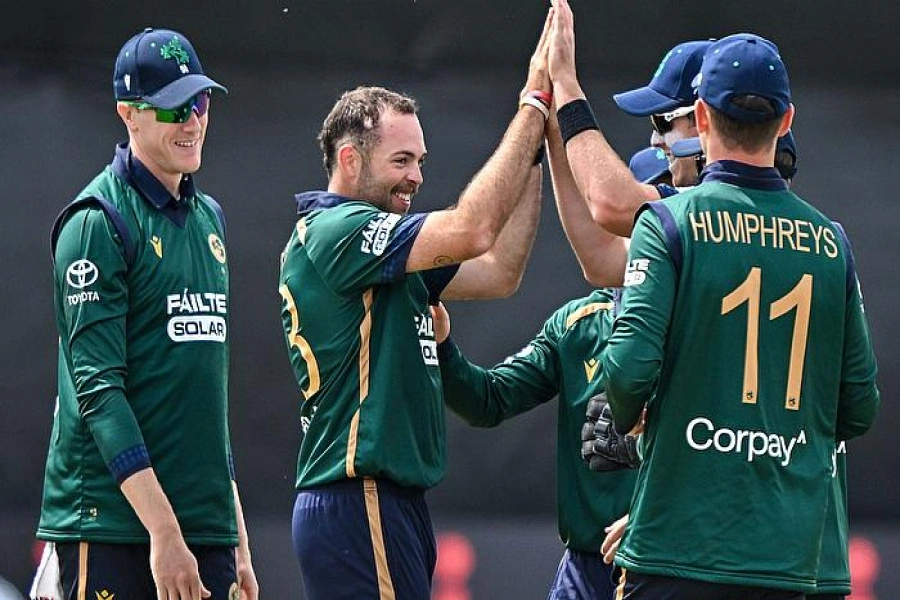At the start of 2016, the country had been bought to a standstill by the border blockade. The year ended with a similar dénouement: the obstruction of parliament by CPN-UML and seven fringe political parties. The common element between the two incidents was that they were both the result of disputes over the constitution promulgated by the sovereign Constituent Assembly on September 20th, 2015.
The three major parties that were behind the constitution argued there could be no question over the legitimacy of a constitution approved by over 85 percent of CA members. For the smaller Madheshi and Janajati forces, which had distanced themselves from the constitution-making exercise in the lead up to September 20th—a ‘black day’ in their reckoning—it was a clear case of the old ruling elites once again exerting themselves and trying to sideline the traditionally marginalized communities.
In other words, not much has changed in Nepali politics since the 2006 Jana Andolan and the subsequent overthrow of monarchy. It is the same old fight between the “traditionally privileged” and the “traditionally marginalized”. While the former would like to retain as many of their old privileges as possible, the latter want a completely new dispensation in which all are equal, in every way. The year 2016 saw continuity of these old disputes.
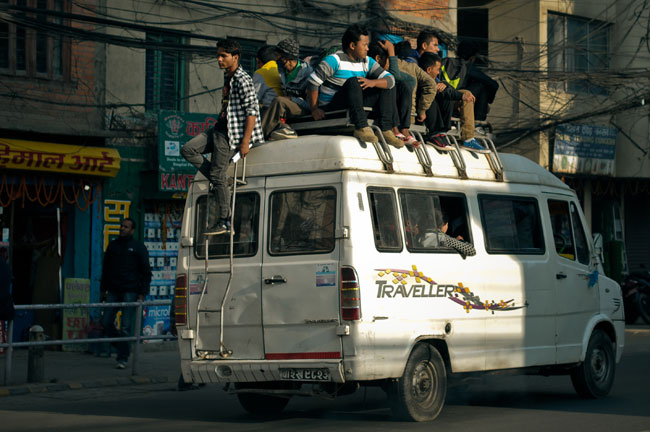
“Yet another year of missed opportunities” was how Bhojraj Pokharel, former Chief Election Commissioner, characterized 2016. “In a way, you can say that we spent the whole of 2016 trying to pay off the debts that we incurred in 2015,” he said.
Pokharel was hinting at the new political impasse following the promulgation of the constitution. But if all the old disputes remain alive and nothing changed over the past 12 months, is there anything at all to look forward to in 2017?
He believes things can still change for the better in 2017 but only if “our major political actors do what is needed to provide a definite outlet to the country rather than what suits their partisan interests.”
But is it really the case that the whole of 2016 was wasted? Political analyst and Madheshi public intellectual CK Lal was more sanguine. “You cannot call 2016 a wasted year because there was a lot of activity, all aimed at solving our pressing problems,” he said. But then what good are these activities if all our problems remain intact?
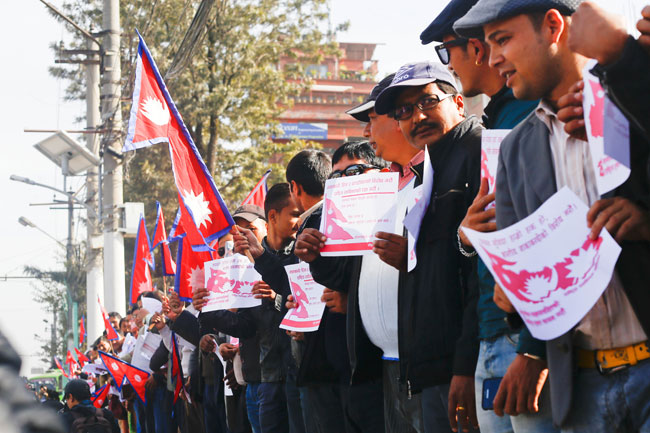
“When you are first learning to ride a bicycle, you fall down many times. Never before did our political class have to tackle issues like inclusion, federalism and proportional representation. So it is natural for them to take some time,” he said.
Lal is also optimistic about the days ahead. “In the year 2017 we will probably make progress in imbibing the true idea of democracy, or full democracy,” he said. But what about Madheshis? Can they also be optimistic about 2017?
“I’m afraid they have far less to look forward to. In 2017, I expect the Khas-Arya to close ranks across political lines to protect their old privileges. The Madheshis, meanwhile, will keep fighting,” he said.
There are others who believe our problems should be seen in a global context. “The global trend right now is to destroy established values and institutions and replace them with things as yet untested,” said constitutional expert Nilamber Acharya. “So in 2017 and years ahead we should be mindful that we do not allow these rightist, authoritarian tendencies to prevail in Nepal as well,” he said.
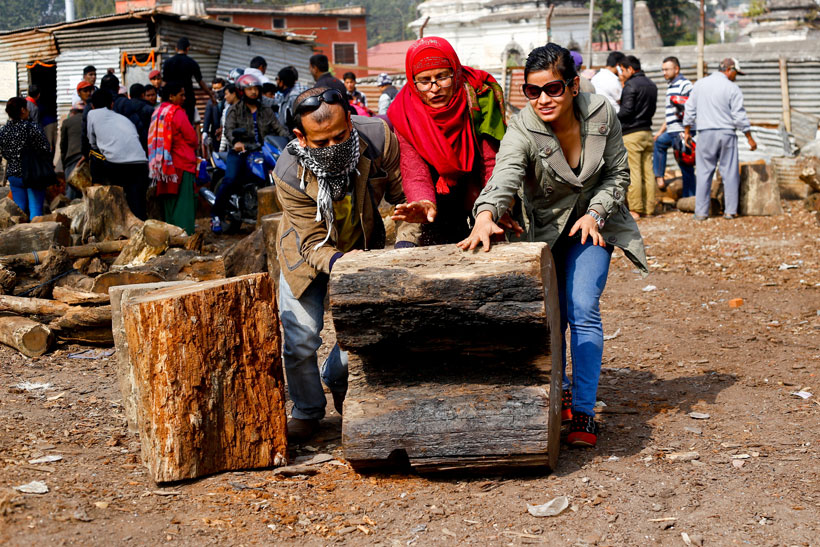
But how do you ensure that? Acharya believes the best away to ward off these authoritarian forces is for all our political forces to accept the supremacy of the new constitution, a document that can, in his view, act as a “binding force” in today’s divided society.
He thinks 2016 also provided many positives. “Look at how the Nepali people refused to surrender during the blockade. They collectively foiled it.” This showed that it’s not “all about political leaders” and that Nepali people “have a way of affecting the kind of change they want”.
Nepali Congress lawmaker Radheshayam Adhikari agrees. Adhikari was among the first MPs to openly speak in favor of impeaching the errant CIAA chief, Lokman Singh Karki. “Karki’s impeachment shows that our political class has to sooner or later heed public concerns. This is also what makes me optimistic about the future”, he said.
Just like the political parties in 2016 got together to impeach Karki, Adhikari is optimistic that they will also come together in 2017 to resolve the protracted constitutional deadlock. “Even if they don’t do so of their own accord, public pressure will force their hand,” he said.
People tend to equate a change in calendar with a change in their fortune. This is why they make new year resolutions, in the hope that something about the new year will click.
As the national parliament prepares for a showdown between the government and opposition forces, Nepalis will be hoping that these are the final pangs before the birth of the kind of New Nepal that they wanted when they took to the streets, in their millions, in 2006.
Our own Pandoras

biswas.baral@gmail.com



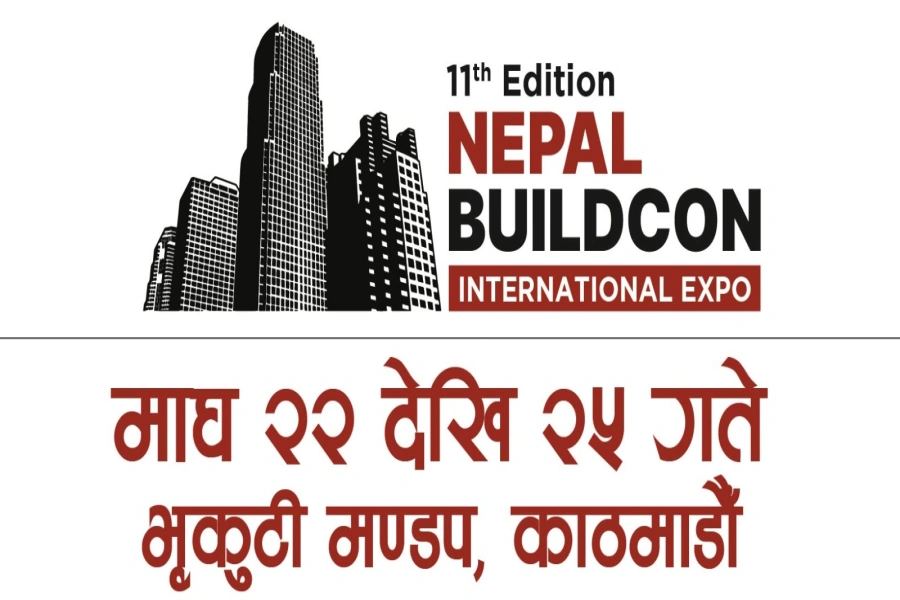

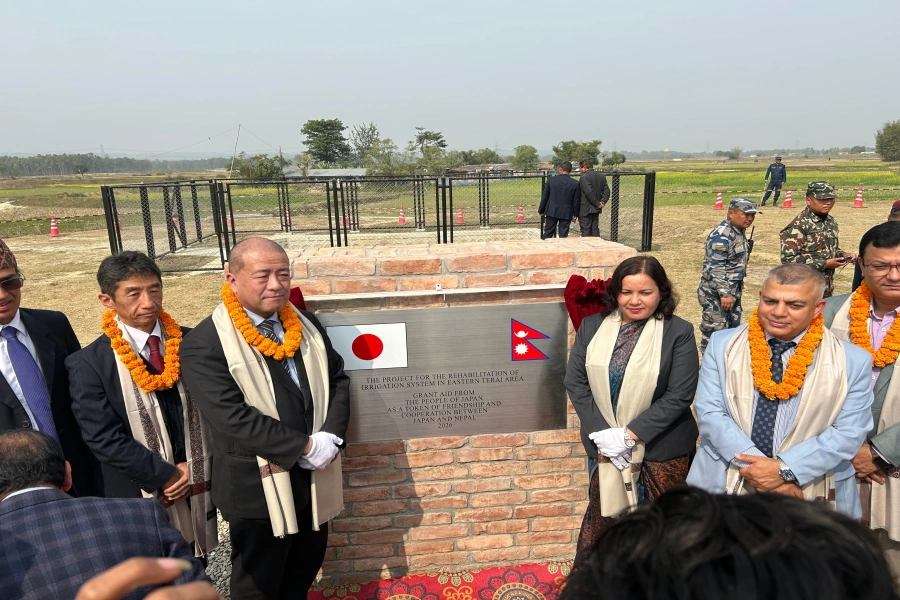
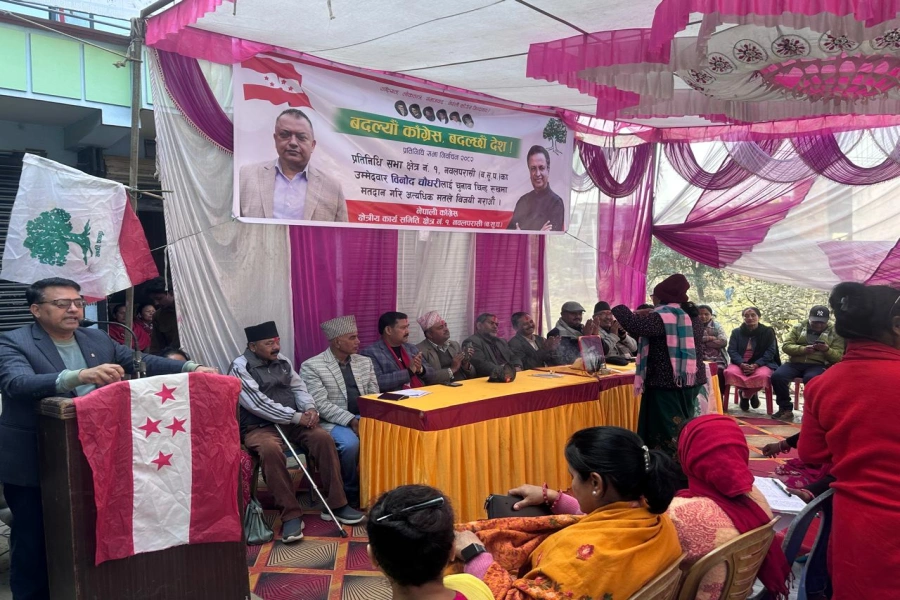
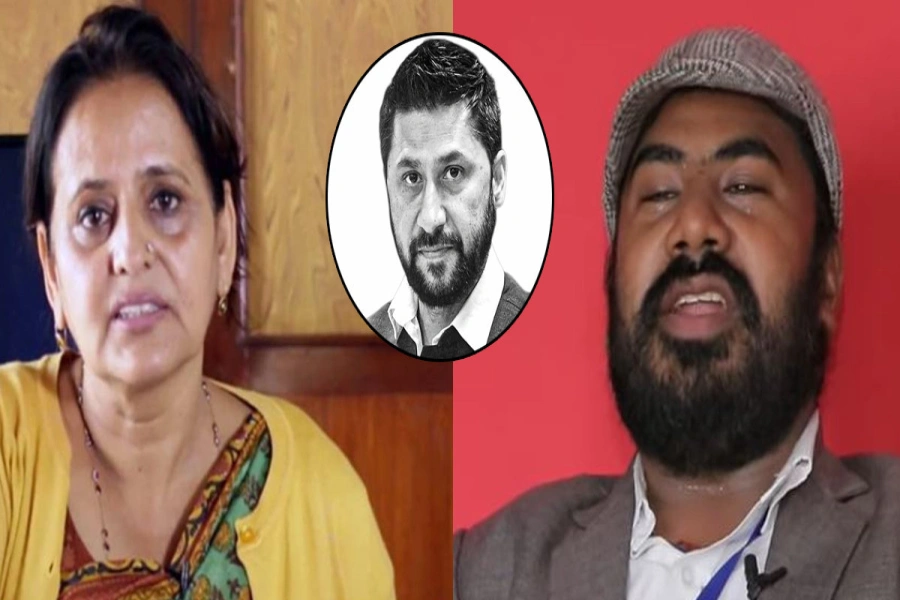
-1200x560_20230115125633.jpg)










